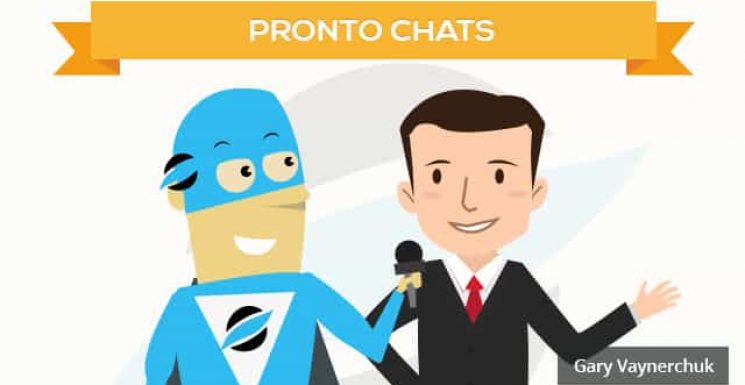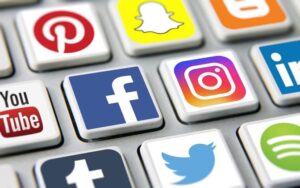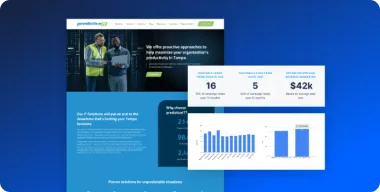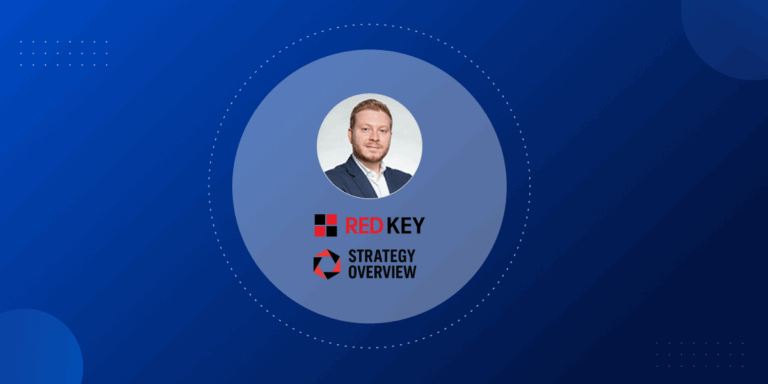Gary Vaynerchuk has been an entrepreneur his entire life. He started his first business at the age of 12 selling baseball cards at a local mall. Later, Gary took over the family business and grew it from a $3 million liquor store to a $45 million wine empire. He did this by recognizing the value of eCommerce and building a powerful online presence through channels like social media and Wine Library TV.
However, Gary’s passion doesn’t just revolve around wine. A few years ago, he and his brother founded VaynerMedia where they’ve helped major brands like PepsiCo and the New York Jets develop their digital marketing and social media strategies.
Gary has shared the entrepreneurial knowledge he’s gained over the years through three best selling books: Crush It!, The Thank You Economy and the recently released Jab, Jab, Jab, Right Hook. He’s also gained a massive following on Twitter crossing the 1 million follower mark a few months ago.
In a testament to the hustle Gary puts into his web presence, he somehow found time between running two businesses and promoting his new book to answer a few questions for us and share some of his knowledge with you.
Pronto: Let’s start out with something fun. We’re based in Thailand and our co-founders love wine. Do you ever see Asian wines gaining acceptance on the world stage?
Gary Vaynerchuk: Yes! But I think it’s going to be a 20-30 year process. There is still a long way to go.
A lot of small business owners don’t have time for social media or think that social media isn’t important enough for their time. How do you address these criticisms and what’s the best way to develop a social media strategy that can be both actionable and provide a return?
I don’t really address them directly, but I let my own actions speak for themselves. The way I handle it is by executing and providing my own results on social, and then from a top-line perspective, I’m writing books and giving talks. I’ve got no interest in convincing anybody on a 1-to-1 basis. I’d rather do what I did with e-commerce, which is let history play out.
As far as part two, I think it really comes down to reverse engineering what the business goals are. I mean you’ve got this enormous amount of money, time, and energy spent on marketing and equity-building in traditional channels like PR and advertising, and all of that can look just like social. So whatever is being quantified as to why you’re doing PR, or why you’re doing commercials, is the exact same game you can play against social. Or if you want to be more targeted, you’re welcome to go ahead and create calls to action in your social media channels, which is why I wrote Jab, Jab, Jab, Right Hook: Give value, and then ask for a conversion in return.
Over the past year, we’ve seen some big improvements with social analytics. How can small businesses leverage this data to improve their overall marketing?
Any company, whether you’re big or small, can look at the data and turn it into something actionable. If you actually learn something from your data and then turn that into a campaign or something actionable, you’re then able to leverage it. It’s about allocating the time to actually consume the data, and then being smart enough to process it.
Which social platform do you think is the most under-rated and under-used by businesses?
I would honestly say Twitter. I still think people don’t know how to use it. The search capabilities are incredible and the fact that any company can jump into any conversation and it’s viewed as a good thing is absolutely incredible.
There are so many experts (or at least those claiming to be experts) active on social media. How do you build an authentic voice and add value when there is so much noise out there?
By creating results. At some level, the lowest common denominator will always bring down a sector to some degree, and all the fluffy mavens/gurus/ninjas have clearly hurt this industry to some degree. I think the best way to succeed is to actually drive results. If you’re an expert on social media and you didn’t sell a ton of copies of your book, then you’re clearly not one, because you didn’t understand how to use social to drive sales of your book.
2014 is almost here, do you see any major changes to the social landscape for small businesses in the future?
I think LinkedIn is on the verge of making some changes that will really matter. There will be a scenario where a lot of smaller B2B companies will be able to create more results because of it.
Awesome! Thank you so much, Gary!
Don’t forget to follow Gary on Twitter and keep up with his blog at www.garyvaynerchuk.com.




